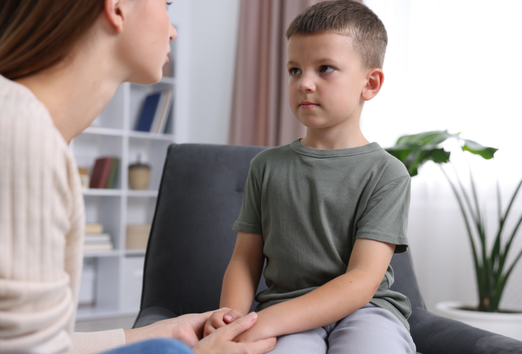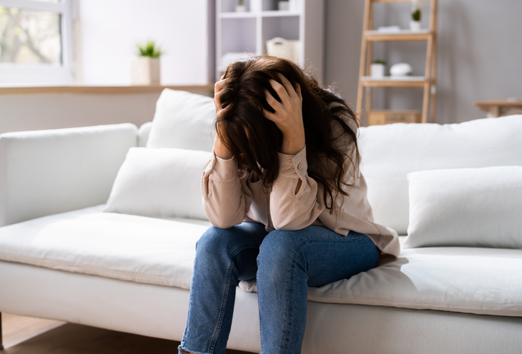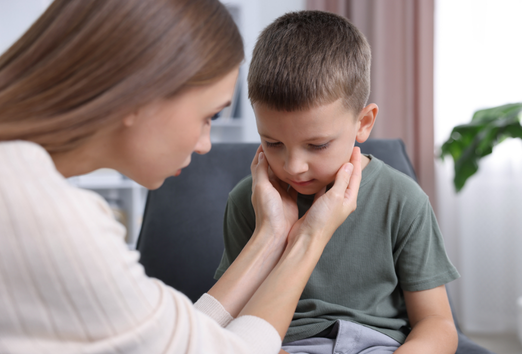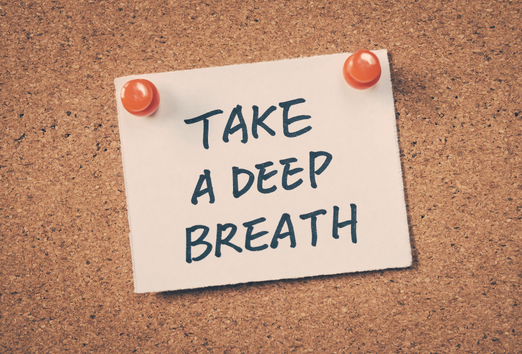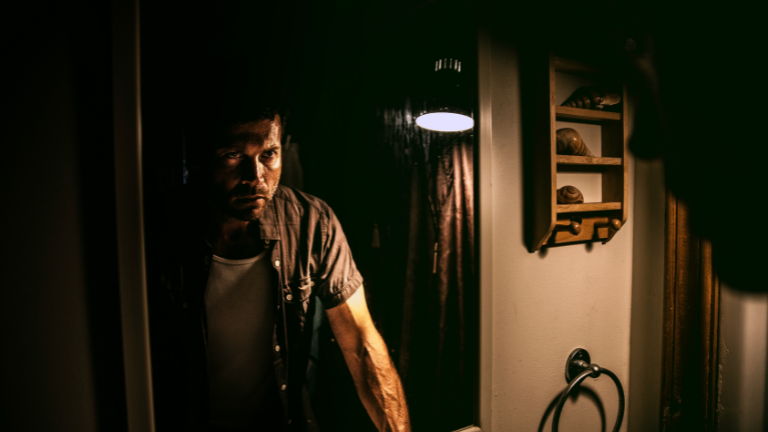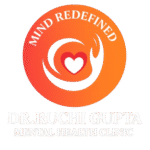Natural vs. Medical Treatments for Seasonal Depression: What Works Best?
Seasonal depression, also known as Seasonal Affective Disorder (SAD), is a type of depression that occurs at specific times of the year, typically during the fall and winter months when daylight hours are shorter. Individuals with SAD may experience symptoms such as persistent sadness, loss of interest in activities, changes in sleep and appetite and low energy levels. Understanding the various treatment options available is crucial for managing these symptoms effectively. In this blog, we will explore both natural and medical seasonal depression treatment, helping you determine what might work best for you.
Understanding Seasonal Depression
Seasonal depression is more than just the “winter blues.” This is an identified mental illness, which has an impact on life. Although its cause remains somewhat unknown, many factors contribute to its development.
- Biological Clock (Circadian Rhythm): The reduced level of sunlight in fall and winter may disrupt your body’s internal clock, leading to feelings of depression.
- Serotonin Levels: A decrease in serotonin, which is a brain chemical (neurotransmitter) that has an effect on mood, could be involved in SAD. Lower levels of sunlight can reduce serotonin, thereby causing depression.
- Melatonin Levels: The changing of seasons can affect the flow of melatonin in the body, which regulates levels of sleep and moods.
Natural Treatments for Seasonal Depression
Many individuals prefer to explore natural treatments either alone or alongside medical interventions. Here are some natural approaches that have been found beneficial:
Light Therapy:
Light therapy is a long-standing treatment for winter-pattern SAD, gaining popularity since the 1980s. It involves sitting in front of a very bright light box (10,000 lux) every day for about 30−45 minutes, usually first thing in the morning, from fall to spring. The light box filters out the potentially damaging UV light, making this a safe treatment for most. However, people with certain eye diseases or those taking medications that increase sensitivity to sunlight may need to use alternative treatments or use light therapy under medical supervision.
Exercise:
Physical exercise has been associated with reduced symptoms of depression. Exercise aids in the release of mood-enhancing chemicals and reduces inflammation. Engaging in activities like walking, yoga, or team sports can boost your mood and energy levels.
Diet and Nutrition:
Maintaining a healthy diet can contribute to improved mental health. Focus on fresh fruits, vegetables, lean proteins, and whole grains. Avoid diets high in sugar, fats, and processed foods. Opting for nutrient-dense foods can help reduce the risk of SAD.
Vitamin D:
Many patients with winter-pattern SAD suffer from vitamin D deficiency, so vitamin D supplementation may be useful in improving symptoms. However, studies evaluating the use of vitamin D as a treatment for SAD have shown mixed results; some studies found it to be as effective as light therapy, while others failed to demonstrate an effect. Supplements should only be initiated under the guidance of a healthcare provider.
Social Connections:
Staying socially active can combat feelings of loneliness and isolation associated with SAD. Engage with friends, family, or community groups regularly. Prioritizing social connections can help improve your mood during the shorter days.
Mindfulness and Meditation:
Practices such as meditation, yoga and breathing exercises can calm the mind and reduce stress. These activities enhance mindfulness and ease physical tension, contributing to better mental health.
Medical Treatments for Seasonal Depression
For some individuals, natural treatments may not provide sufficient relief, and medical interventions become necessary. Here are some medical treatments commonly used for SAD:
Psychotherapy:
Psychotherapy, also known as talk therapy or counseling, can help people with SAD by teaching them new ways of thinking and behaving and changing habits that contribute to depression. CBT is a type of psychotherapy intended to help individuals learn how to challenge and change unhelpful thoughts and behaviors that lead to an improvement in depressive and anxious feelings. There has been a development of CBT for those suffering from SAD, often called CBT-SAD. The treatment, CBT-SAD, aims at replacing negative thoughts associated with the season with more positive thoughts. The process involves a behavioral activation process that enables the individual to identify and schedule pleasant, engaging activities to counter the loss of interest they normally experience.
Antidepressant Medication:
Medications called antidepressants also may be used alone or combined with talk therapy to treat depression. Antidepressants change brain chemicals involved in mood or stress response. Among these are a group called SSRIs, often prescribed for SAD. Most antidepressants require 4−8 weeks to become effective; improvements in sleep, appetite, or concentration typically precede the relief of depression symptoms. It is really important to let a medication prove itself before deeming it correct for you. You may require trying several before finding the appropriate one. It is essential that all medications could have side effects, and that is why the need to see a healthcare provider before starting and stopping any form of medication comes in.
Combining Treatments:
Often, a combination of natural and medical treatments provides the best results for managing seasonal depression. For example, integrating light therapy with psychotherapy and maintaining a healthy lifestyle can offer comprehensive benefits. It is always important to involve a healthcare provider in developing the treatment plan.

